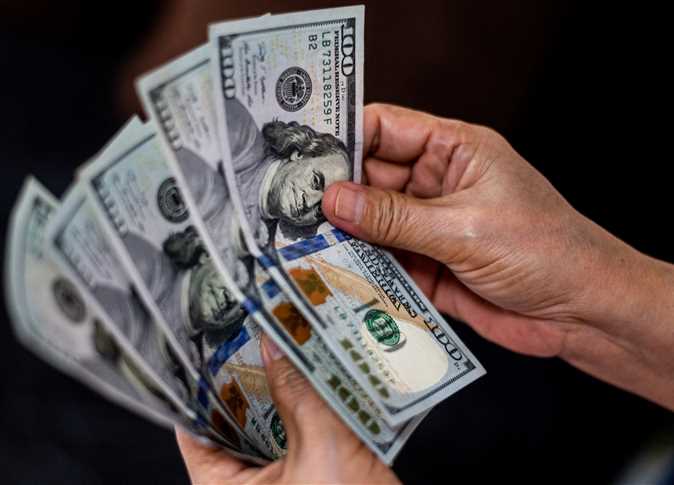Publisher: Maaal International Media Company
License: 465734
US dollar strengthens slightly as US inflation data approaches
اقرأ المزيد
US dollar settled above the lowest level in more than four months on Friday, with expectations for the release of basic inflation data in the United States later on Friday, which may provide some clarity about the space available for the central bank to cut rates next year.
According to Reuters, the dollar touched the lowest level in five months against the New Zealand dollar and the lowest level in 3 weeks against the euro in early Asian trading, before turning higher later in the session.
The New Zealand dollar fell in the latest trading by 0.27%, recording $0.6277, after reaching the highest level in the session at $0.6298. The euro rose, recording $1.10125, before falling 0.12% to 1.0996.
The core personal consumption expenditures report in the United States is scheduled to be released on Friday, which is the Federal Reserve’s preferred measure of real inflation, and expectations indicate that it will rise by 3.3% on an annual basis, compared to 3.5%.
The dollar index, which measures the performance of the US currency against a basket of major currencies, rose 0.08% to 101.86, moving slightly away from the lowest level in four months at 101.72, which it recorded earlier in the session.
But the dollar index is still on its way to recording weekly losses of about 0.73%, which means that it will continue the losses it suffered last week, amounting to 1.3%, after the US Central Bank left the door open to lowering interest rates next year in the last monetary policy meeting for the current year.
The pound sterling settled at $1.26875 and is on its way to recording slight weekly gains, under pressure from inflation data in Britain, which came much lower than expectations.
In Asia, the yen recorded in the latest trading at 142.25 against the dollar, and was not affected by data issued on Friday, which showed that core consumer prices in Japan rose 2.5 percent in November on an annual basis, which constitutes the slowest pace of increase in more than a year, which eased a little pressure on the Bank of Japan to end its massive stimulus program.








